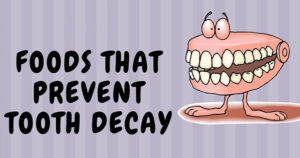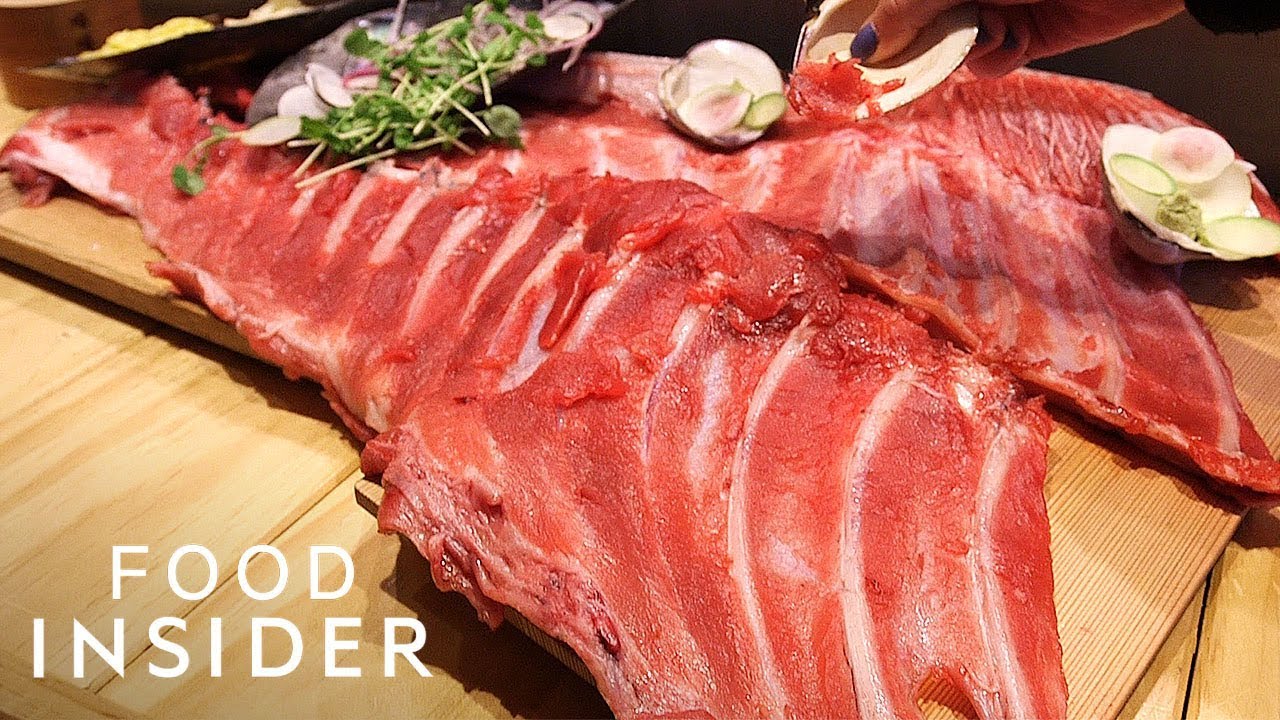To prevent cavities and maintain good oral health, your diet, what you eat and how often you eat are important factors. Changes in your mouth start the minute you eat certain foods. Bacteria in the mouth convert sugars and carbohydrates from the foods you eat to acids, and it’s the acids that begin to attack the enamel on teeth, starting the decay process. The more often you eat and snack, the more frequently you are exposing your teeth to the cycle of decay.
- Fruit, Fibre and Veggies – Eating high-fibre foods keeps saliva flowing, which helps create mineral defences against tooth decay. Good sources of fibre are dried fruits such as dates, raisins and figs, and fresh fruits, like bananas, apples and oranges. Other options include veggies, such as beans, Brussels sprouts and peas, along with peanuts, almonds and bran.
- Whole Grains – Whole grains provide B vitamins and iron, which help keep gums healthy. Whole grains also have magnesium, an important ingredient for bones and teeth. In addition, whole grains are high in fibre. Foods including bran, brown rice, and whole-grain cereals and pasta are all great sources of whole grains.
- Calcium is responsible for building enamel and so is vital to strong and healthy teeth. Foods such as yogurts, buttermilk, cheese and fish (both canned and smoked) are all high in calcium as are leguminous vegetables and a variety of seeds, particularly poppy and sesame.
- The Food Pyramid – When looking to follow a healthy diet that’s good for your teeth and the rest of your body, try sticking to the food pyramid. The pyramid is structured to give you a healthy serving of all the necessary food groups you need throughout the day.




































